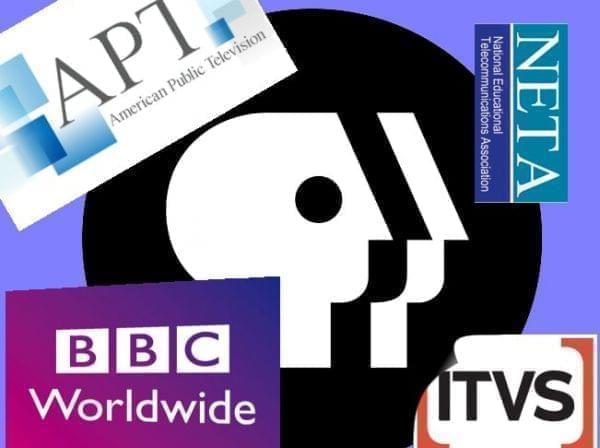When “PBS” Isn’t PBS (Part 1)

Among my (many) pet peeves: journalists who can’t tell the difference between “PBS” and “public television.” Every once in a while, I read a news article that cites “PBS officials” when talking about people who in no way work for the Public Broadcasting Service. I get that the U.S. public broadcast industry is complex, and that PBS is its most well-known brand, but it’s the job of reporters to clarify, not to further confuse. So, allow me to give it a whirl.
Unlike Disney, Comcast or Fox, the U.S. public television system isn’t a megalithic media conglomerate. It’s not even a network. It’s a loose collective of noncommercial, educational licensees operating more than 350 stations. And while the familiar “P-head” PBS logo is for many the face of that system, PBS is only part of the picture.
Here are a few numbers to back that up. Of the 8,760 hours of programming aired on WILL-TV’s main channel last calendar year, only 71% was distributed by the Public Broadcasting Service. Another 14% came courtesy American Public Television (APT). About 6% came from the National Educational Television Association (NETA). And programs that we purchased directly from the British Broadcasting Corporation (BBC) came to 4%. The remaining 5% arrived from other public TV stations, independent producers, syndicators, and WILL’s own studios.
And once you add in our other two channels, World and Create, the influence of PBS diminishes. In 2013, PBS programming accounted for a little less than 40% of our combined TV broadcast hours. In fact, APT—which administrates the World and Create channels on our behalf—beat it with more than 42%. NETA shows rose to more than 9%, while BBC syndication dropped to 1.25%.
So, even though it’s common shorthand to say “PBS” when you mean “public TV,” it’s not necessarily accurate. And sometimes it matters.
I have more to say about this, but I’ll save it for a future post.
